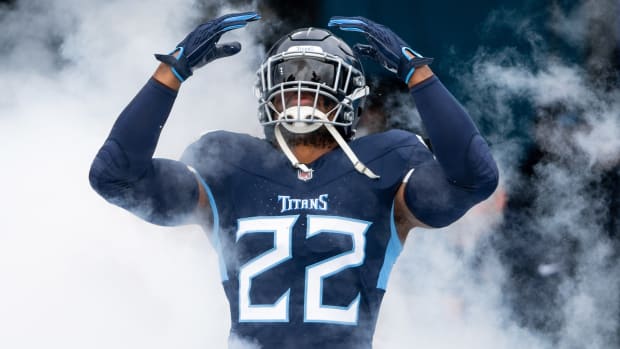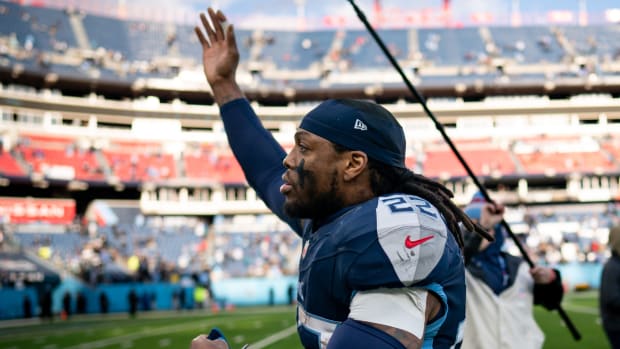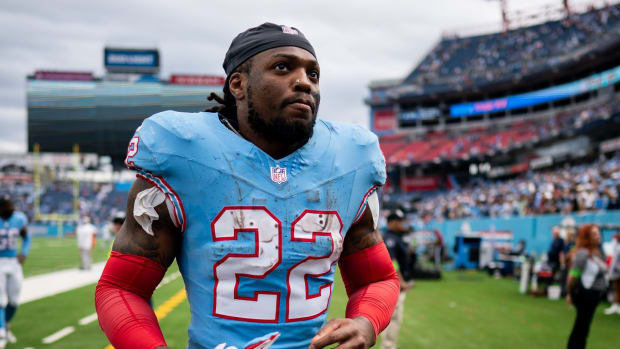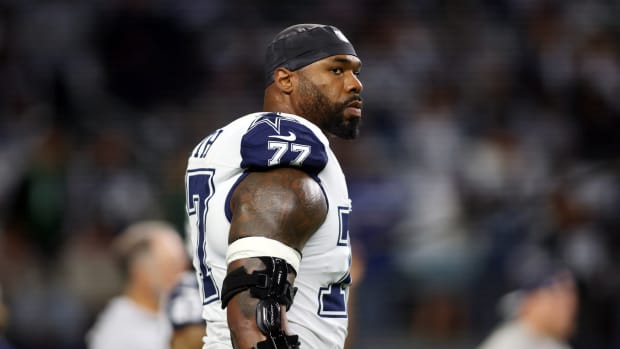Coronavirus Experience Drives Rolle to Expose Disparities in Healthcare
With a football helmet and pads, Myron Rolle used to line up as a safety on Saturdays and Sundays.
Now, eight years since he retired from football, he dons another uniform. Wearing an N95 mask and other protective safety equipment, Rolle, in his third year as a neurosurgery resident at Massachusetts General Hospital, voluntarily put himself on the front line in the fight against coronavirus.
A lot has struck the 33-year-old as he works in the surge clinic. The emptiness of the hospital, the sickest of patients and the fact that their loved ones can't visit them as they often fight for their lives.
Most importantly, he has realized the importance of his service and voice. The coronavirus exposed disparities in America’s health care system, Rolle told Peter King of NBC last week.
“The thing that’s been most impactful for me throughout the pandemic has been knowing that this is a time when people look for providers to speak their truth, which is a role I hope to help fill for the disproportionate number of black and brown people who are being infected with COVID-19,” he said. “Disparities in our healthcare system existed long before coronavirus and those are the communities being hit the hardest. For me and my colleagues to be advocates for those groups is an essential to me.”
Before the Tennessee Titans selected Rolle in the sixth round of the 2010 NFL Draft, he skipped his senior season (2009) at Florida State, which he attended for both his football and eventual career aspirations, and accepted a scholarship to study medical anthropology at the University of Oxford.
The decision proved to be helpful. He never appeared in a game with the Titans and, after a brief stint with the Pittsburgh Steelers, he ended his NFL career.
Recently states including Tennessee, Arizona, Texas, Florida and others, have seen increases in COVID-19 cases as more businesses open up and fewer people practice social distancing.
That ensures Rolle’s current role won’t change anytime soon. The way he sees it, though, the time away from neurosurgery won’t hurt him. It will make him better.
“I’ve extrapolated that two percent mindset to life,” he said. “I try to get two percent better whenever I do anything, especially in surgery and the technical skills we rely on every day. That includes learning daily about COVID-19. … In everything, I work to get two percent better to be the best provider I can possibly be.”




